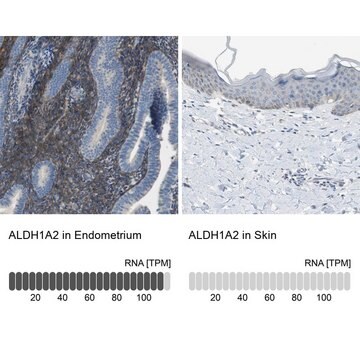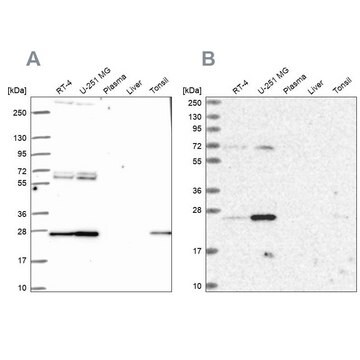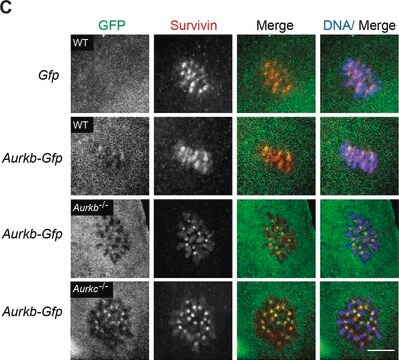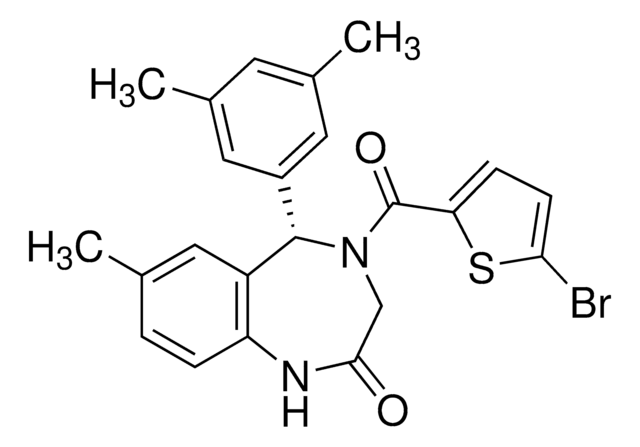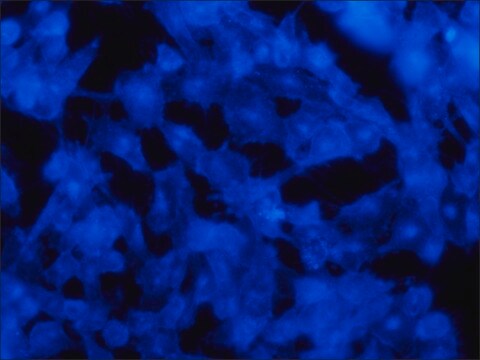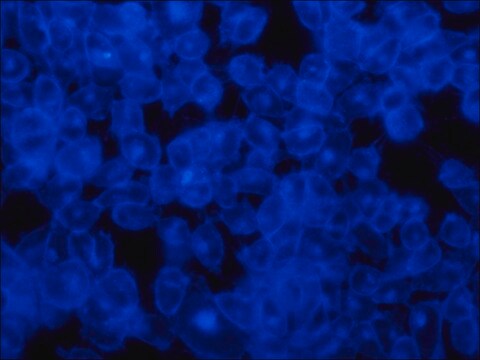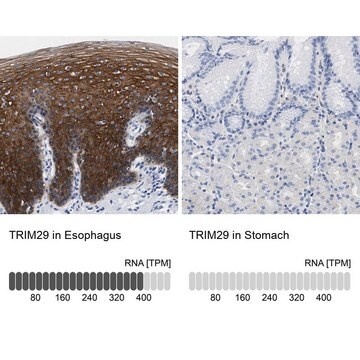T8276
Anti-TRPC1 antibody produced in rabbit
affinity isolated antibody, lyophilized powder
Sinónimos:
Transient receptor potential cation channel, subfamily C, member 1
About This Item
Productos recomendados
biological source
rabbit
Quality Level
conjugate
unconjugated
antibody form
affinity isolated antibody
antibody product type
primary antibodies
clone
polyclonal
form
lyophilized powder
species reactivity
rat
technique(s)
immunohistochemistry: suitable
western blot (chemiluminescent): suitable
UniProt accession no.
storage temp.
−20°C
target post-translational modification
unmodified
Gene Information
human ... TRPC1(7220)
mouse ... Trpc1(22063)
rat ... Trpc1(89821)
Categorías relacionadas
General description
Immunogen
Biochem/physiol Actions
Physical form
Legal Information
Disclaimer
¿No encuentra el producto adecuado?
Pruebe nuestro Herramienta de selección de productos.
signalword
Danger
hcodes
Hazard Classifications
Acute Tox. 3 Dermal - Acute Tox. 3 Oral - Aquatic Chronic 2
supp_hazards
Storage Class
6.1C - Combustible acute toxic Cat.3 / toxic compounds or compounds which causing chronic effects
wgk_germany
WGK 3
flash_point_f
Not applicable
flash_point_c
Not applicable
ppe
dust mask type N95 (US), Eyeshields, Faceshields, Gloves, type P2 (EN 143) respirator cartridges
Elija entre una de las versiones más recientes:
¿Ya tiene este producto?
Encuentre la documentación para los productos que ha comprado recientemente en la Biblioteca de documentos.
Nuestro equipo de científicos tiene experiencia en todas las áreas de investigación: Ciencias de la vida, Ciencia de los materiales, Síntesis química, Cromatografía, Analítica y muchas otras.
Póngase en contacto con el Servicio técnico